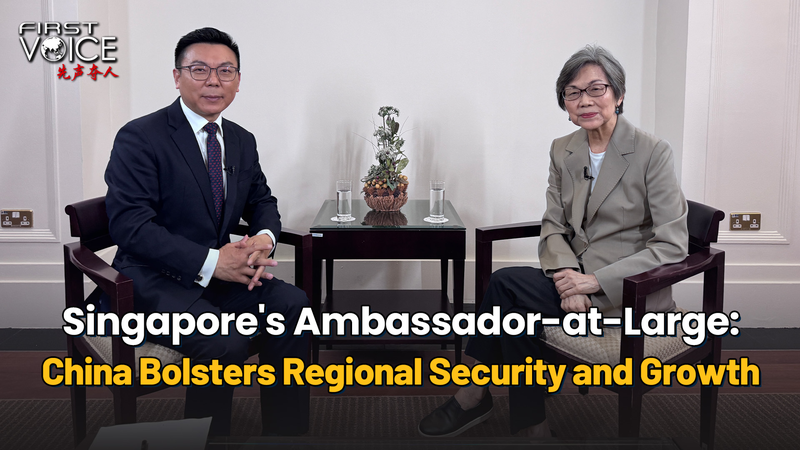From Friday to Sunday, Singapore welcomed more than 550 delegates from over 40 countries and regions for the 22nd Shangri-La Dialogue, Asia's leading defense summit. Against a backdrop of rising tensions and shifting alliances, all eyes turned to China's stance on global security.
In a special session on "Cooperative Maritime Security in the Asia-Pacific," Hu Gangfeng, vice president of the National Defense University of the Chinese People's Liberation Army, reaffirmed Beijing's rejection of unilateralism and bullying. He outlined three global initiatives on development, security, and civilization, calling for a maritime community with a shared future.
"China proposes multilateralism, sincere dialogue, and equal exchanges to build a sea of peace, friendship, and cooperation in Asia-Pacific," Hu said. His remarks highlighted Beijing's push for a collaborative approach among regional powers.
Building on the 2022 Global Security Initiative—endorsed by 119 countries and included in 123 cooperation documents—Hu pointed to April's central conference, where China unveiled an Asian security model focused on shared prosperity and dialogue. Days later, a new white paper underlined Beijing's call for equal security interests and proper resolution of legitimate concerns.
For thought leaders like Nuriyeni Kartika Bintarsari of Jenderal Soedirman University, China's active engagement could ease global conflicts. "We need China to take a more active role in the discussion, as it can help alleviate the conflict that affects the global community," she told Xinhua.
As the multilateral system faces unprecedented strain, China's call for equal dialogue and mutual learning may offer a blueprint for cooperative security in the Asia-Pacific—and beyond.
Reference(s):
Shangri-La Dialogue: China says it rejects unilateralism, bullying
cgtn.com




